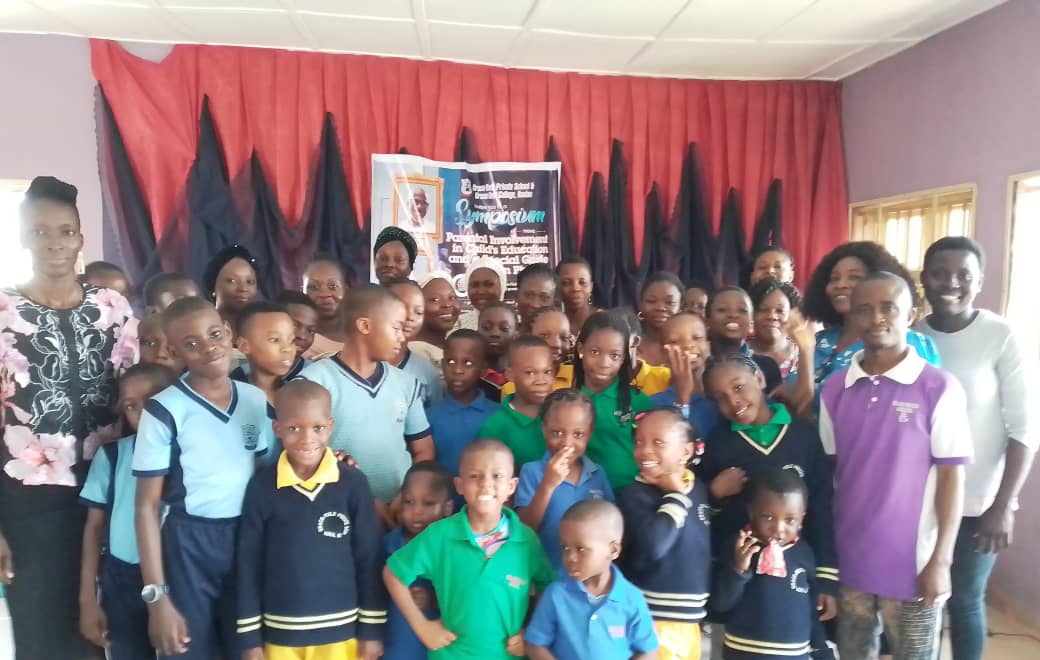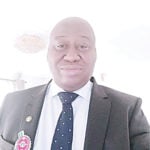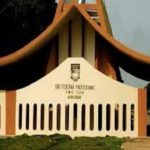IT has been observed that parents rarely participate actively in the education and socialisation of their children as they have abdicated their responsibility to outsiders, school teachers, home tutor, professional drivers, okada riders among others.
Making the observation was an official of the Oyo State Teaching Service Commission (TESCOM), Dr Olatunji Oladunni, while delivering a lecture at a symposium organised for parents by the Grace-Field College, Soka, Ibadan, entitled “Parental Involvement in Child’s Education.”
According to him, the home is the first agent of socialisation and at home, the parents, above all other stakeholders, should be major influencers of the child as he/she gradually and progressively becomes a mirror of the parents’ personalities.
Speaking further, he noted that “parents who are supposed to be the first agents of socialisation have abandoned their primary assignment because they are always busy with their career and business” adding that “today many children are denied the closeness that should exist among them and their parents at a very tender age.”
He lamented that “the deficient upbringing continues to manifest as the child resumes formal schooling and is handed over to a driver or Okada rider early in the morning to be taken to school and also be brought back home.
“When the result of lack of attention starts to reflect on the life of the child, then parents start to blame the teachers and school for not being forthcoming in the discharge of their duties, whereas the reverse is the case.
ALSO READ FROM NIGERIAN TRIBUNE
- Nurse Holds Doctor Hostage In OAU Teaching Hospital, Resident Doctors Plan Strike
- Woman’s Corpse, Unconscious Man Found Inside Office In Aba After Four Days
- Hoodlums Attack Lagos Governor’s Press Crew Bus In Tinubu’s Convoy, Two Injured
- [BREAKING] #EkitiDecides2022: INEC Declares APC’s Biodun Oyebanji Winner Of Guber Poll
- Top 10 Business Ideas In Nigeria You Can Start With 100,000 Naira
- 2023: Kwankwaso Will Not Be Deputy To Obi —NNPP
“Imagine a parent coming to the school to report that her child stole N500 from the bedroom. One wonders if the teachers must monitor the students in the school and still do this at their respective homes.
He argued that parenting is a job on its own, while charging parents to be deliberate about the grooming of their children.
While he noted that the phrase, ‘parental involvement’ seemed inadequate, he said it implied that parents should only participate when there is a need for them to, whereas, it is their major responsibility to groom their children.
He recommended that parents should be actively involved in the education of their children and ensure that before they started learning in the school system, they had learnt some aspect of socialisation at home. He advised parents to review and assess the learning system that the children are undertaking in the school.
“In education, there are three aspects of learning that are of serious concentration to the teachers and education stakeholders. These are the cognitive, effective and psychomotor aspects. Parents must actively participate in each of these aspects to ensure that their children turn out well in life,” Oladunni said.
Speaking about the Symposium, the HM of the school, Mrs Oluseye Ajibola, who represented the proprietor, Mrs Alaba Aremu at the event, said the symposium was as a result of the negligence noticed on the part of some parents.
Moreover, he explained that there is the need to bring the parents together to call their attention to areas where they have been lagging in their responsibilities and to synthesise them on the need to corroborate the efforts of the teachers in the teaching and learning processes of the children in school.
The highlight of the event was a brief “special guide on phonics” training and drilling in some frequently mispronounced English words for parents and participants at the symposium by a phonics expert, Mr Femi Okedeji, who assert that though phonological interference affects the pronunciation of English sounds in Nigeria and that one can be trained to speak English like the Britons.
He encouraged parents to try as much as possible to polish their spoken English to become excellent models for children, saying “many of the wrong pronunciations of English words that we grew up with were as a result of negative transfer from our parents, teachers and the society.”






